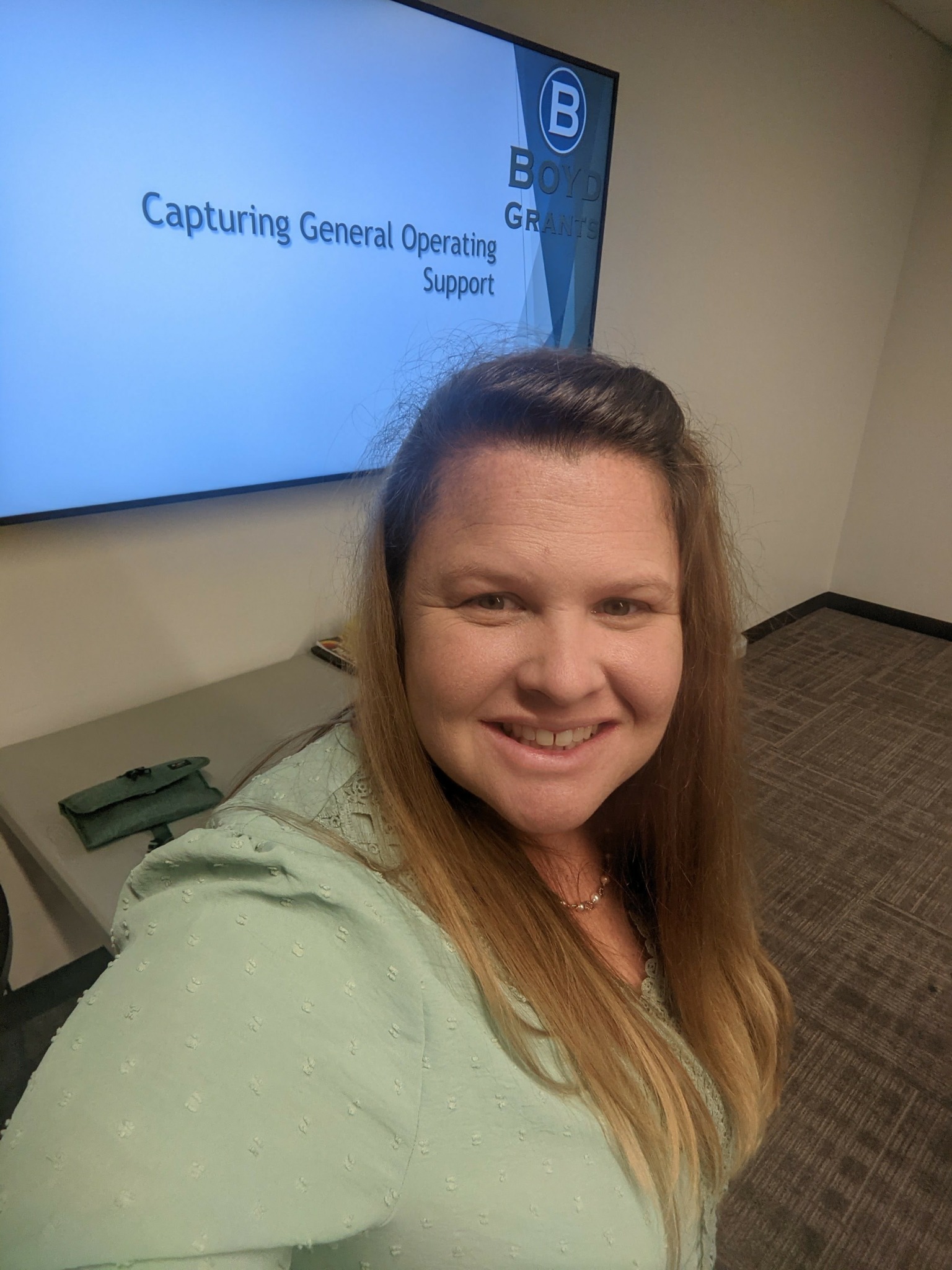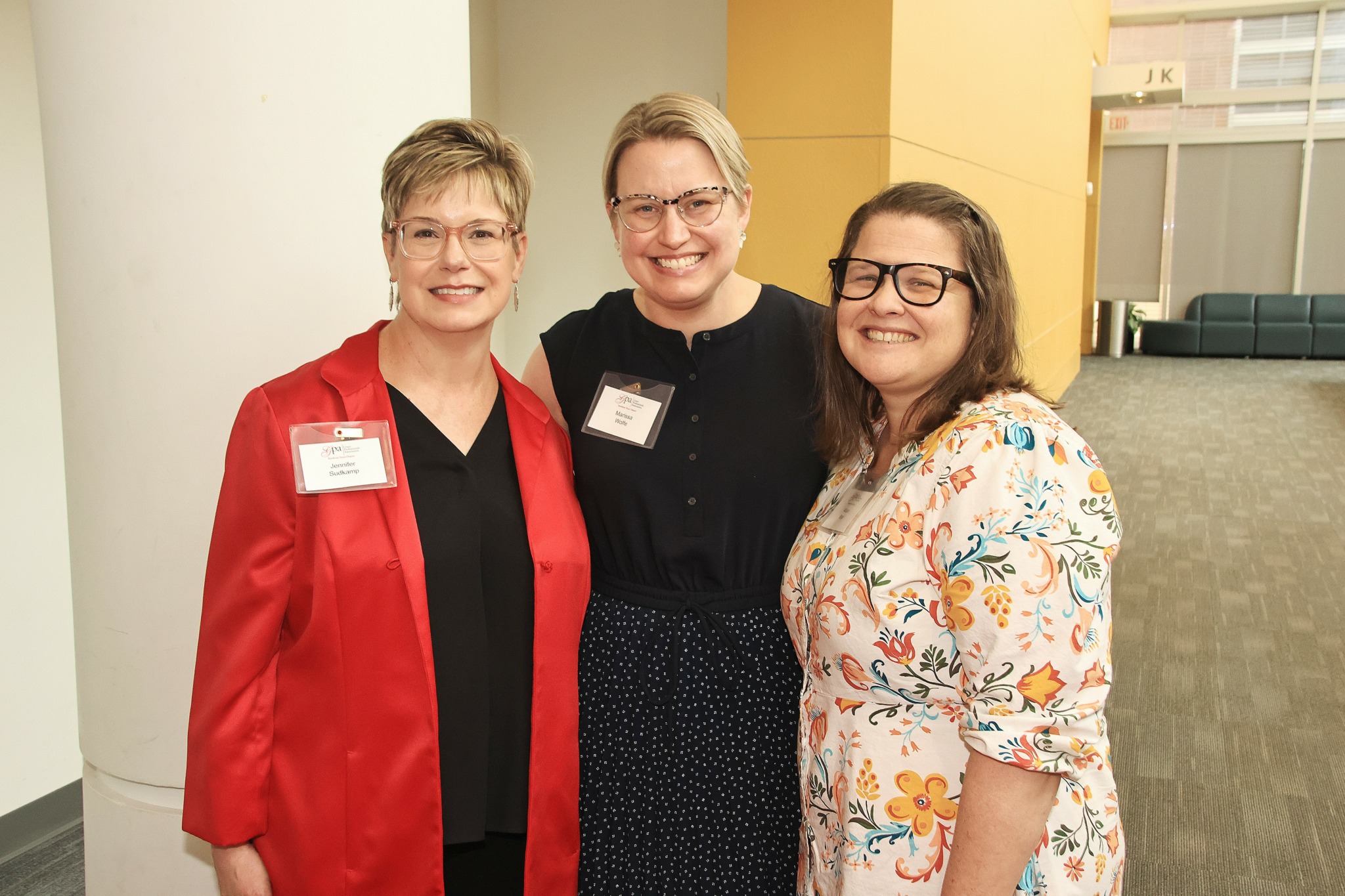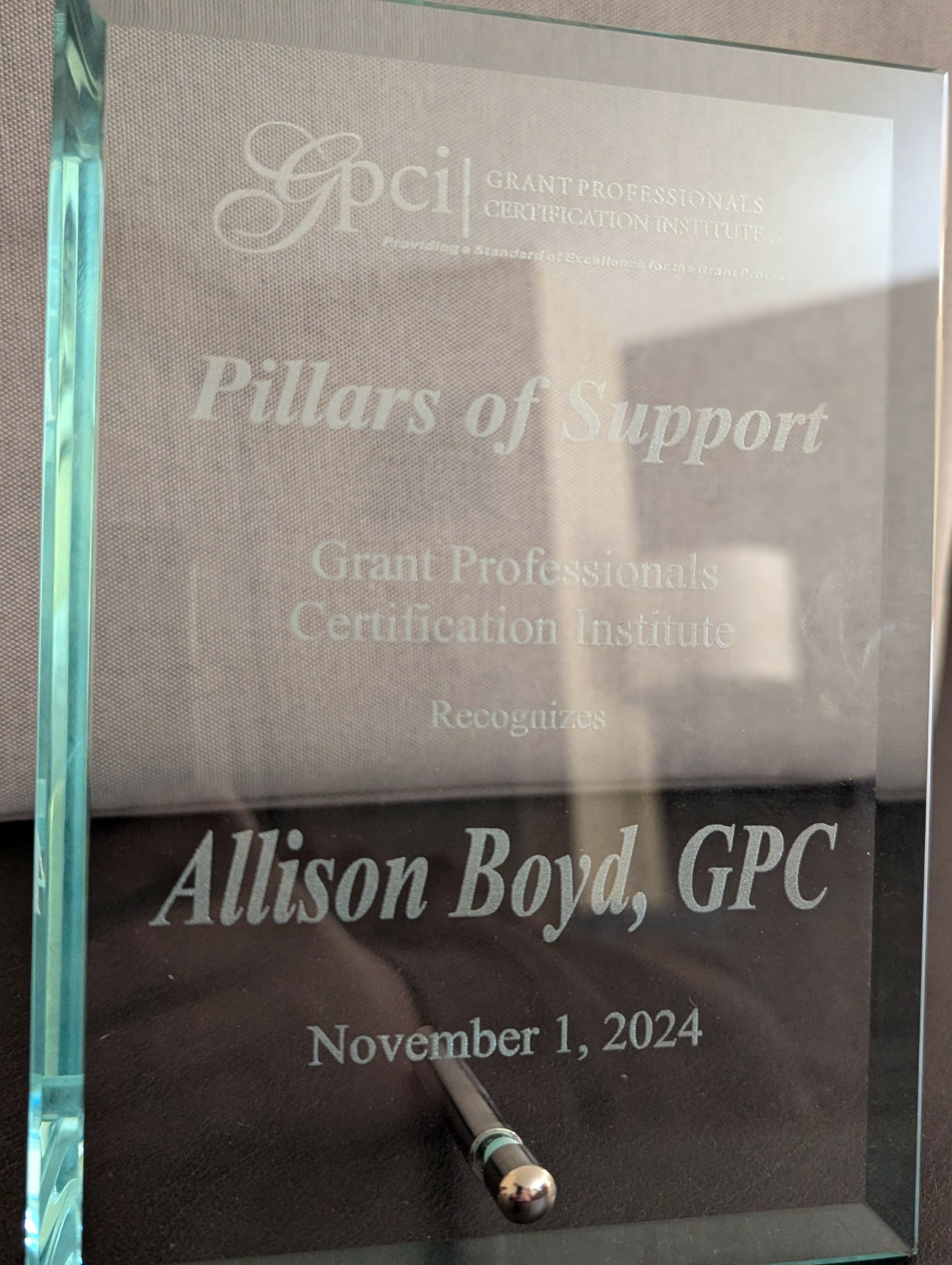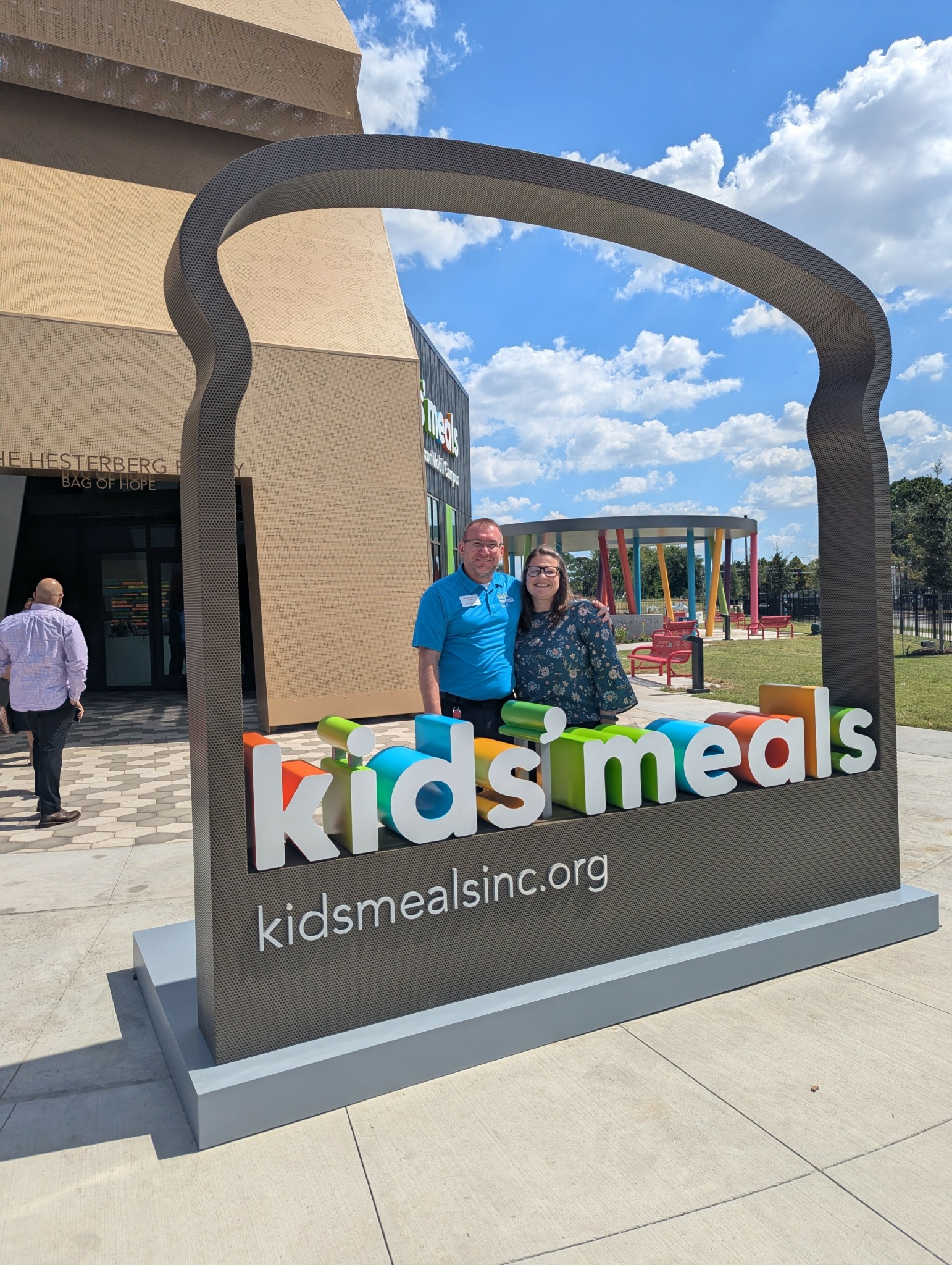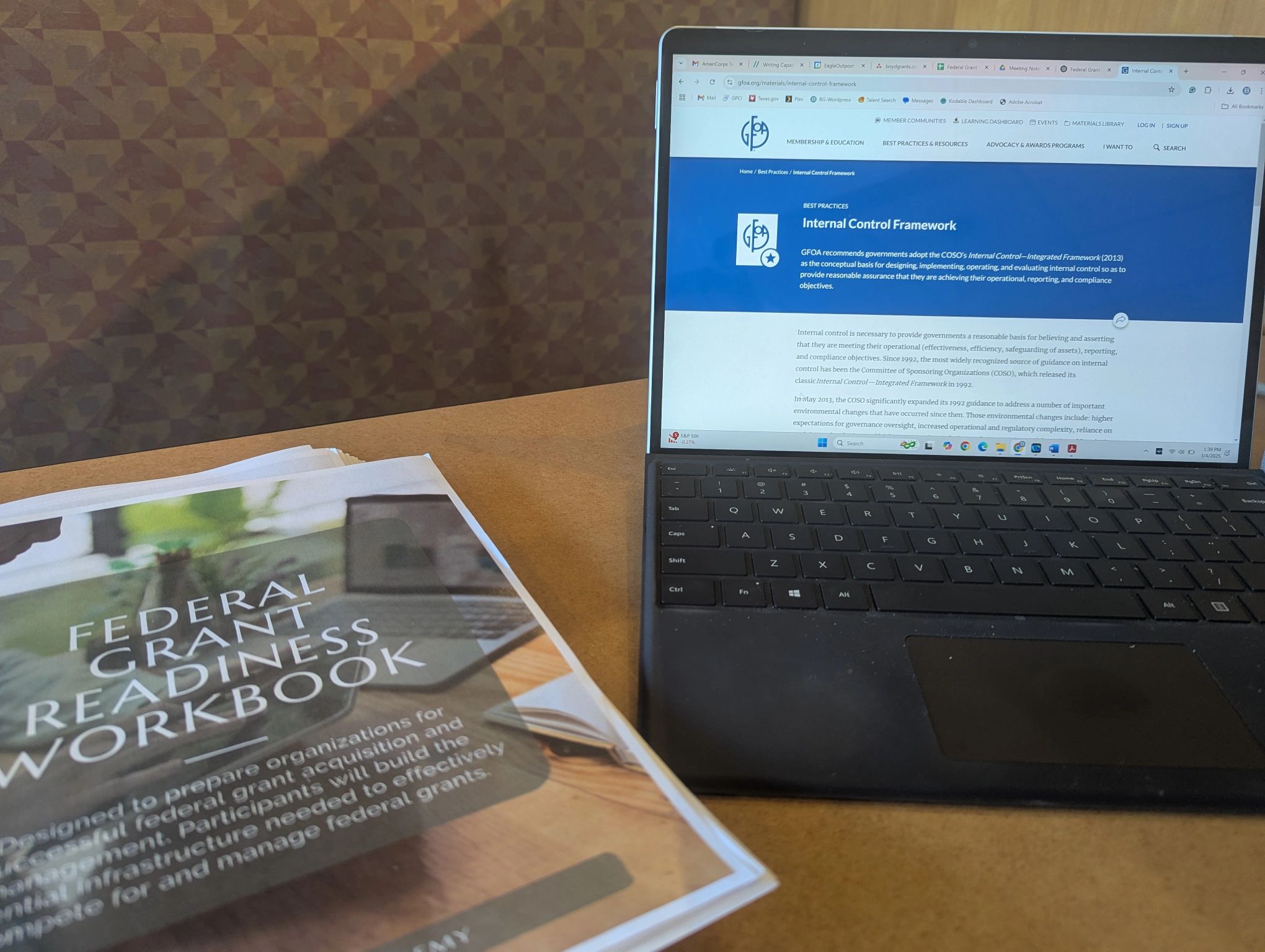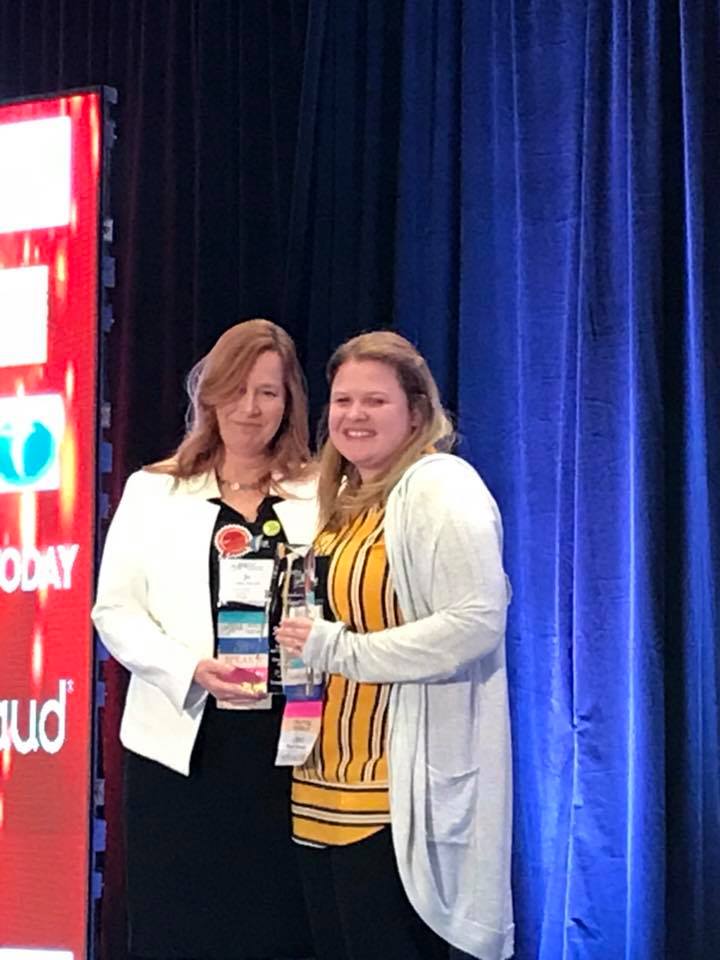We’re excited to introduce you to the always interesting and insightful Allison Boyd. We hope you’ll enjoy our conversation with Allison below.
Hi Allison, thanks for joining us today. We’d love to have you retell us the story behind how you came up with the idea for your business, I think our audience would really enjoy hearing the backstory.
The idea for my business was born out of a deep sense of longing and a quiet ache that I couldn’t ignore. I had a good job, I loved the work I did, but walking into an office with no windows, after a 45-minute commute, drained me. By the time I got home, I had nothing left to give. I realized that my work, which I had once seen as a calling, was slowly eroding my joy, my purpose, and even my sense of self. I was surrounded by people and tasks, but still felt profoundly alone. I began to wonder if this was all there was—if my dreams, my ambition, and the love I had for serving others through writing would ever have a place in my life again.
The turning point came because of my husband, Brandon. He saw what I could not see—that I was meant for something bigger, something that allowed me to serve in a way that felt joyful rather than draining. One day, he said, “No more tears every Sunday in preparation for Monday.” He urged me to take a leap, to let go of the traditional 9-to-5 path, and trust that we could build something of our own. Even before I fully believed it myself, he had already bought a website domain and started building the foundation of our business. That night, we sat on our old couch in our two-bedroom apartment, dreaming, planning, and taking the first steps toward a future that felt wide open and full of possibility.
The idea itself wasn’t born from a desire to create something new just for the sake of it; it came from solving a problem I knew intimately. I wanted work that mattered, work that allowed me to help people in tangible ways, without sacrificing my well-being. I wanted to take the skills and passion I had for writing, planning, and serving nonprofits and make them accessible to organizations in a way that was strategic, impactful, and deeply personal. No one else in my field was offering the combination of expertise, heart, and individualized support that I could provide. That uniqueness—helping clients not just execute tasks but truly achieve their missions—was what made the idea so exciting.
Starting my business was messy and full of fear, doubt, and uncertainty, but it was also filled with hope, faith, and small victories that kept me going. I had to learn to budget differently, value my time, navigate the unfamiliar terrain of entrepreneurship, and develop resilience. I made mistakes, but every setback became a lesson. Over time, the vision became clearer. I realized I could build something that reflected my values, allowed me to breathe, and gave me the wide-open space I had always longed for—not just physically, but emotionally and spiritually.
Ultimately, I knew this was a worthwhile endeavor because it aligned with my calling, allowed me to reclaim my joy, and solved a problem I had experienced firsthand: the need for meaningful, well-supported work in the nonprofit space. The logic was simple: if I could help organizations achieve their goals while creating a business that allowed me to thrive, it would be a win-win. And over seventeen years later, that spark Brandon saw, the one I initially doubted, has not only endured, it has grown. It fuels a business that matters, a life that feels whole, and a path that continues to challenge and inspire me every day.
Awesome – so before we get into the rest of our questions, can you briefly introduce yourself to our readers.
I grew up with a very clear vision of what I wanted to be, an ambitious, determined path toward becoming a doctor. But life, as it often does, had other plans. During my freshman year of college, I struggled to pass a science class, and my parents gently encouraged me to focus on something I excelled at: writing. Luckily, I had a support system of family and mentors who believed in me, even when I doubted myself. Their guidance helped me see that my skills and passions could take me far beyond what my 18-year-old self imagined.
That pivot led me to discover grant writing, a field that allowed me to use my words to make a tangible difference. The summer of my sophomore year, while working as a camp counselor, I wrote my first grant, which was fully funded. That grant covered the cost for children to attend camp who otherwise would not have had the opportunity. Experiencing the real-world impact of my words and seeing lives changed ignited a passion that would shape my career. I worked closely with my English dean, studying grant-related resources, and though I didn’t graduate with a formal degree in grant writing, I left college with a deep understanding of how to craft proposals that connect, inspire, and secure funding.
That passion eventually led to the founding of Boyd Grants, where we provide organizations with comprehensive grant strategy, writing, and support services. Over the years, we have helped countless organizations secure the resources they need to advance their missions. Our work is not just about completing applications; it’s about creating strategies that align with our clients’ goals, helping them tell their story in a way that resonates with funders, and ultimately ensuring they can maximize their impact in the communities they serve.
In 2022, we expanded our offerings with Boyd Grants Academy, designed to empower aspiring grant writers, nonprofit staff, and volunteers with the skills and confidence to navigate the grant writing process. The Academy combines practical instruction, real-world examples, and mentorship opportunities, helping students and professionals alike turn knowledge into actionable success. Looking ahead, in 2026, we are launching a podcast to share stories, insights, and strategies from the nonprofit sector, intending to offer inspiration and practical guidance to organizations and grant professionals everywhere.
What sets Boyd Grants apart is our combination of expertise, empathy, and a commitment to meaningful results. We don’t just write grants; we help our clients see the big picture, define their goals, and strategically position themselves for success. We focus on building relationships, listening to needs, and translating complex ideas into compelling proposals. Our goal is to make grant writing accessible, effective, and transformative.
I am most proud of the tangible impact our work has had: the organizations we’ve helped, the programs we’ve funded, and the opportunities we’ve created for people who might not have had them otherwise. Beyond the numbers, I am proud of creating a business that reflects my values—faith, integrity, and service—and gives me the space to continue growing while helping others do the same.
What I want potential clients, followers, and fans to know is that Boyd Grants is about more than just funding. It’s about partnership, guidance, and empowerment. Whether through personalized grant services, educational resources, or our upcoming podcast, we aim to equip organizations and individuals with the tools and confidence they need to thrive. We are committed to helping others achieve their missions, one strategic step at a time, and to showing that every grant written, every story shared, and every dream pursued can truly make a difference.
Any advice for managing a team?
At Boyd Grants, we believe that leadership is not about authority; it’s about service. Our approach is rooted in servant leadership, which emphasizes supporting, empowering, and guiding our team so they can do their best work while feeling valued and fulfilled. Maintaining high morale isn’t just a checkbox; it’s a daily practice woven into everything we do.
<b>Lead by Example:</b> Leadership starts with modeling the behaviors and values we want to see in our team. We demonstrate empathy, integrity, and active listening in every interaction. When leaders walk the talk, it creates trust, credibility, and a culture where employees feel safe and inspired to do the same. This alignment directly fuels morale because people respect and follow leaders who embody the values they preach.
<b>Prioritize Employee Needs: </b>By regularly checking in with team members and understanding their challenges, aspirations, and goals, we provide the support and resources they need to succeed. When employees feel genuinely supported, they are more engaged, motivated, and committed to the organization. Morale rises naturally when people know their leaders care about their growth and well-being.
<b>Encourage Open Communication:</b> Creating a safe space for dialogue ensures every team member feels heard and valued. Open communication reduces misunderstandings, encourages collaboration, and fosters psychological safety; all key drivers of high morale. When employees feel their voice matters, they feel ownership and pride in their work.
<b>Invest in Development:</b> Professional growth opportunities, such as training, mentorship, and career advancement programs, give employees the tools to grow their skills and confidence. When people see that their development is prioritized, it builds loyalty, engagement, and job satisfaction—powerful contributors to sustained morale.
<b>Foster Collaboration:</b> Promoting teamwork and celebrating collective achievements builds a sense of community and shared purpose. Collaboration reduces isolation, encourages mutual support, and makes work more enjoyable. Teams with strong collaboration naturally experience higher morale because members feel part of something meaningful.
<b>Show Appreciation:</b> Recognition, both formal and informal, is essential for reinforcing effort and contribution. Consistently celebrating wins and acknowledging contributions makes team members feel valued, respected, and motivated to continue performing at their best. High morale thrives in an environment where effort is recognized.
<b>Practice Active Listening:</b> Giving full attention to team members, validating their perspectives, and responding thoughtfully builds trust and respect. When employees feel listened to, they feel understood and included, which directly improves engagement and morale.
<b>Build a Supportive Environment:</b> Prioritizing well-being and work-life balance ensures that employees can thrive personally and professionally. A supportive workplace reduces stress, prevents burnout, and cultivates loyalty. High morale comes from knowing the organization genuinely cares about the people who make it run.
This approach works because people are naturally more motivated, productive, and loyal when they feel supported, heard, and valued. Servant leadership creates a culture where employees trust their leaders, believe in the mission, and enjoy the work they do. High morale isn’t just a side effect; it’s the natural result of building an environment that prioritizes empathy, growth, and collaboration.
Have you ever had to pivot?
This past year has truly been a year of pivoting for me and for Boyd Grants. We started the year on track to have one of our best years ever, with momentum building and opportunities looking promising. But then the landscape shifted dramatically. Executive orders, government shutdowns, frozen grant funding, and the general atmosphere of uncertainty and anxiety in the nonprofit sector meant that many organizations were pausing or slowing down their plans. Suddenly, the pipeline we had relied on, mostly word-of-mouth referrals, wasn’t enough to sustain our growth.
It was a difficult moment. I had to confront the reality that staying the course would no longer work. Pivoting, I realized, wasn’t just an option; it was essential. I had to rethink how we approached clients, services, and partnerships. I focused on creating a deeper and more diversified client pipeline, reaching beyond the contacts we already had. We developed new training programs tailored to current nonprofit needs, and we partnered with organizations like local Chambers of Commerce to provide workshops and training opportunities.
At times, pivoting was challenging, exhausting, and intimidating, but it forced me to be creative, flexible, and proactive. I had to step outside the comfort of what had worked in the past and embrace new strategies, new partnerships, and new ways of delivering value. And while it wasn’t easy, it reaffirmed something I’ve always believed: adaptability isn’t just a business skill, it’s a survival and growth strategy.
This year taught me that pivoting doesn’t mean losing direction or purpose; it means finding new paths to continue serving your mission. By staying focused on our core values and the impact we want to make, we were able to turn a potential setback into an opportunity for growth, learning, and innovation.
Contact Info:
- Website: www.boydgrants.com
- Linkedin: https://www.linkedin.com/company/boyd-grants/
- Other: www.boydgrantsacademy.com
